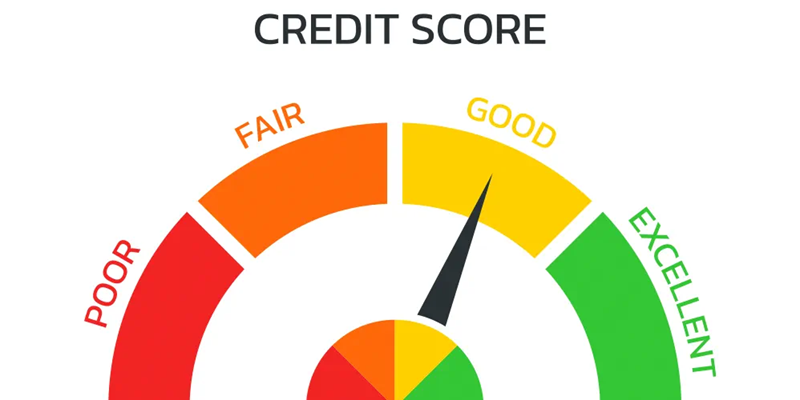
Today we are talking about the proxy server which has become an important part of people in today's internet era. But do you know how a proxy server works and what are its benefits?
Recently, Meta's messaging app WhatsApp rolled out a feature that will let you send messages to your people on WhatsApp even when you don't have internet. This feature was named Proxy. Since then this term has become very popular. So let's know what is this proxy server.
What is a proxy server?
A proxy server is a system or router that acts as a gateway between users and the Internet. This helps prevent cyber attackers from entering the private network. Simply put, it is a server, which is called an 'intermediary' because it acts between end-users and the web pages they visit online.
When your computer connects to the Internet, it uses an IP address. This is similar to your home address, which tells incoming data where to go and helps identify the return address for authenticating outgoing data to other devices. A proxy server is a computer found on the Internet that has its IP address.

How is it helpful in network security
Proxies make security more robust for your computer. These can be set up as web filters or firewalls to protect your computer from Internet threats such as malware. It also provides additional security when combined with a secure web gateway or other email security products. With its help, you can filter traffic according to its level of security.
How to use a proxy?
Some people use proxies for personal purposes, such as hiding their location while watching movies online. At the same time, they can be used for many major reasons for a company. These include improving security, monitoring employees' Internet activity, balancing Internet traffic to prevent crashes, controlling employee access to websites in the office, and saving bandwidth by caching files or compressing incoming traffic. Are included.

How does proxy work?
As we have mentioned earlier that a proxy server has its IP address, and it acts as an intermediary between the computer and the Internet. So your computer knows this address, and when you send a request to the Internet, it is routed through the proxy. It then receives the response from the web server and forwards the data from the page to your computer's browser such as Chrome, Safari, Firefox, or Microsoft Edge.










